The Work in Progress podcast is a Green Start-Up and start-up.ro production focused on the investors and founders that change the startup ecosystem.
We've centered the Work in Progress podcast around two major themes, and were going to split the episodes into the Blue podcast – for start-up.ro – where we'll discuss with venture capital managers, angel investors, startup founders from Romania, Europe and around the world about their role in the ecosystem, business, trends, and the Green podcast – for Green Start-Up – where we will put a sustainability layer on our discussions and we'll approach topics relevant for impact founders as well as impact investors.
Matei Dumitrescu wears many hats. He is also the Vice President of Tech Angels Romania, the largest organization that reunites the private investors in our country and he is also a part of the Investment Ready Program in Vienna, the largest acceleration programs in Central and Eastern Europe for teams that create scalable solutions to societal problems.
Matei was our guest for the first green podcast from the Work in Progress series and we asked him about impact investments and social entrepreneurs, about what sustainability means from the perspective of investors and about investing with a purpose.
Listen to our conversation with Matei Dumitrescu, cofounder of Commons Accel and Vice President of TechAngels Romania, or read some of the highlights from the discussion below.
”I think the most important part is that in those years of entrepreneurship, I explored a lot. I learned a lot, a lot about execution. This applies to startups also. I know that execution matters most in a business. I learned that a strong idea with a poor execution was nothing.”
”My connection to impact investing is not new. It started 10 years ago when I attended the Investment Ready program in Vienna, an impact accelerator that I joined as a mentor then and later as part of the team. This program became the largest impact accelerator in the region, operating in 17 countries”.
”I remember that the Demo Day in 2013 was an event with 10 startups pitching to an improvised panel of three wannabe investors in a small shady room in Vienna. And this gradually became known as C-Impact Day. It attracted a lot of attention, engagement year after year and it eventually transformed into the flagship event of impact investing in CE. Last year it was in Hofburg Palace, the Imperial Palace of Vienna, with 500 guests, almost everybody in the impact investment industry in the region being there. A long way from the shady room. It's a great revolution. It's not about our success. It tells us more about the success and the evolution of the impact investment field throughout these past 10 years.”
”Everywhere in this ecosystem of impact investing, people are gathering to innovate, to collaborate, to find ways of transforming our society and economy for a sustainable future. Because now it's not sustainable. That's the premise we're working with.”
”The linear economy is shifting towards the circular economy and that's a disruptive process that can even lead to chaos in the economy. But it's a process that creates opportunities for impact startups, for impact investors. Those will be creating the new solutions, will create new markets, new business models and new sources of value.”
”This is the story from the investor's point of view: it's about creating sources of value for the future because without a sustainable future, there will be no value left”.
”The impact startups we're investing in are tackling big problems and it could pay off big time. That's why we're investing."
”There are two different sets of metrics. You're not measuring only financial results. You're also measuring the impact results. And there's a standard framework for measuring the impact in place for some time now. Although it's not a standard, there are models you can follow. Anyone can take a look at the SDGs and check some indicators under each goal.”
”According to one of the latest UN studies, it said that we need 2.4 trillion to fill in the gap for investing, for fulfilling the SDGs yearly. These are not money that will be sent into outer space with a rocket. These are real money that will be paid for the ones providing solutions.”
 Oana Coșman
Oana Coșman
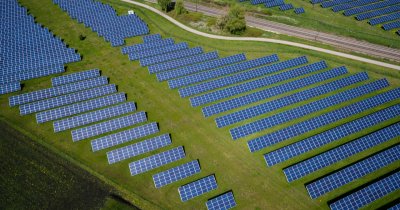

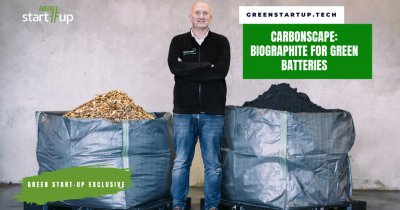
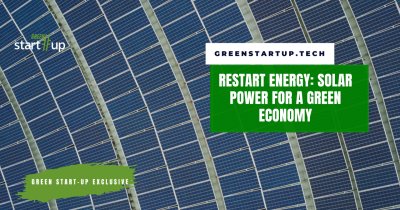
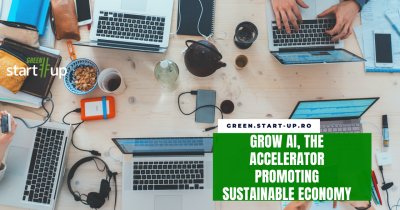
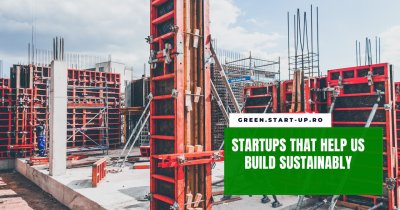
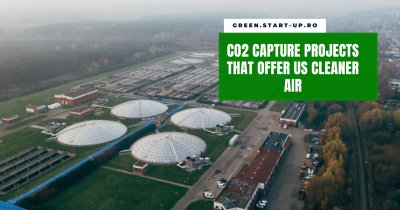
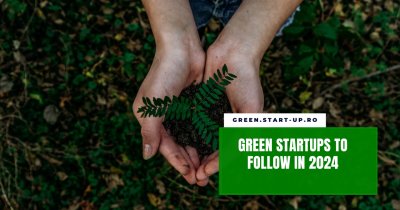
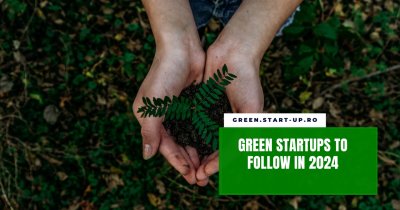
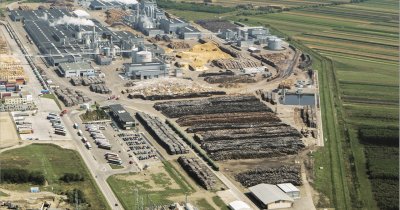
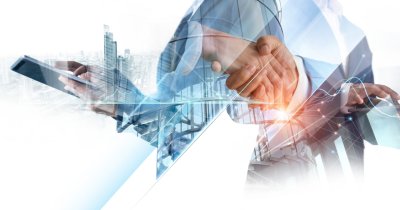
Any thoughts?